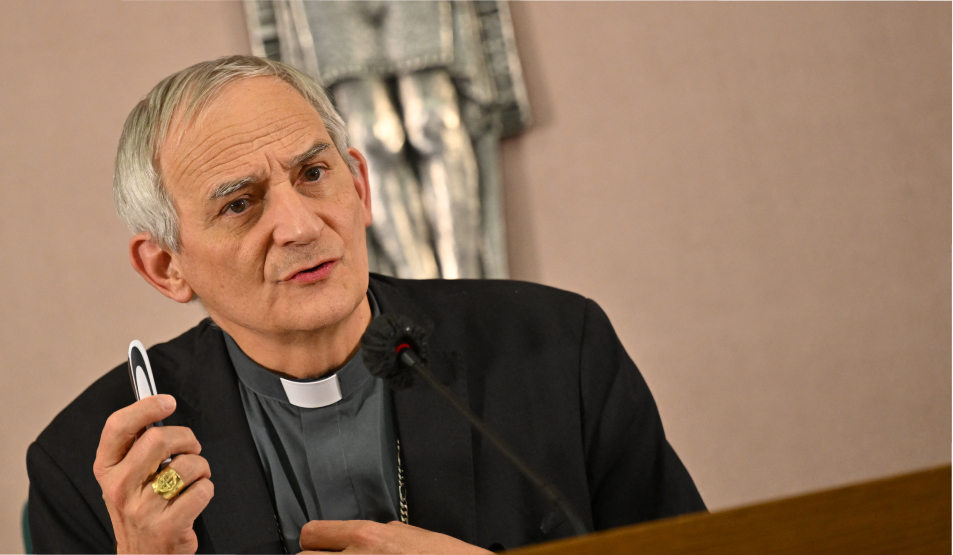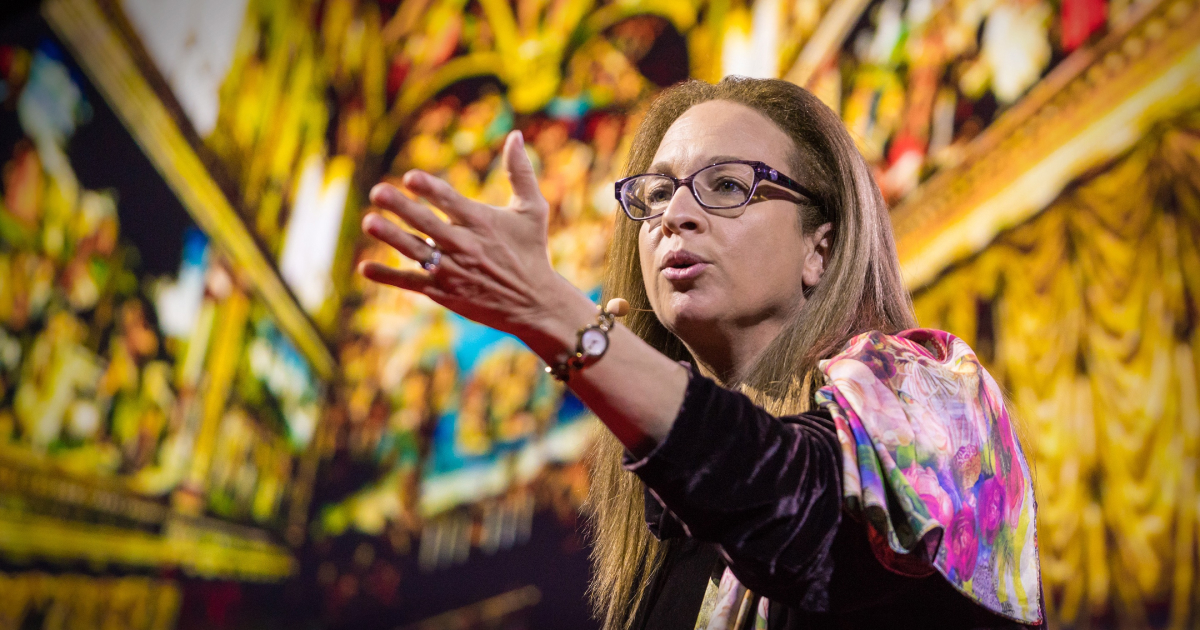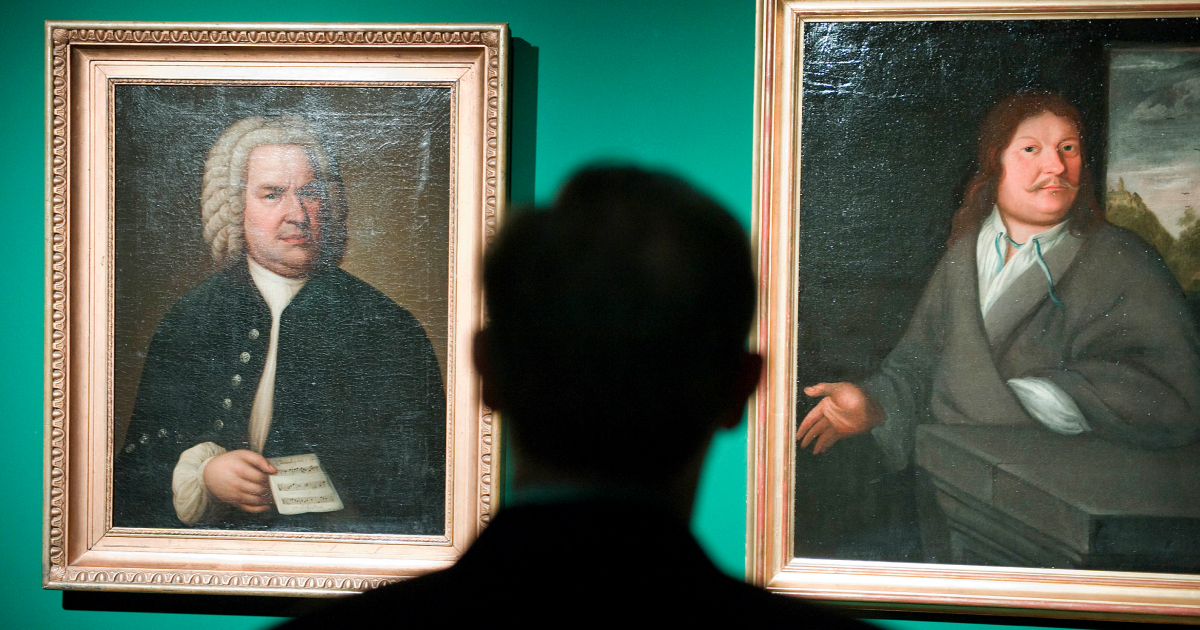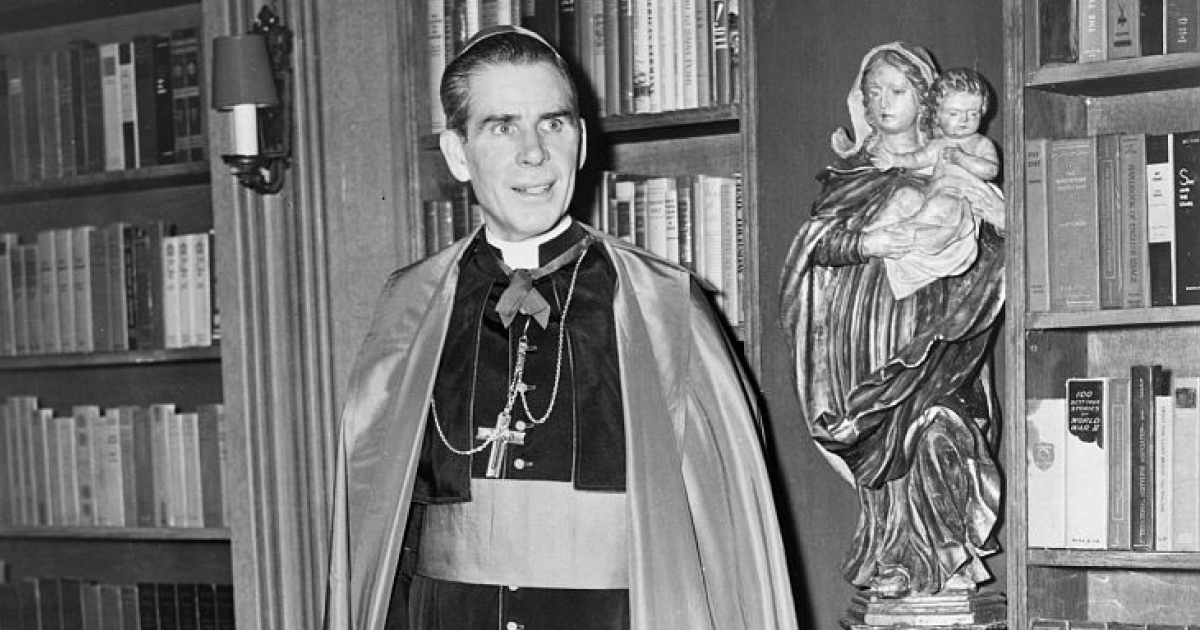Cardinal Matteo Maria Zuppi has said Italy risks sliding into irreversible decline unless it embraces immigration as a vital part of national life.
Speaking on an appearance on the television programme Propaganda Live, the Archbishop of Bologna said the demographic trajectory of the country made the issue unavoidable, warning that economic sectors in the country’s industrial north are already struggling to function.
“If you have low birth rates and close the doors, the country just grows old,” he said, adding that businesses in Emilia-Romagna “don’t know how to manage without immigration”.
The cardinal, who also serves as president of the Italian Bishops’ Conference, described a region increasingly dependent on foreign workers to sustain its economic output. He pointed to long-established associations such as CNA and Confartigianato, saying industrialists were candid about their difficulties.
“Immigration is necessary,” he told interviewer Diego Bianchi, noting that employers “don’t know what to do because without immigration they don’t know what to do”. His remarks align with what many progressive economists have been saying: that Italy’s declining birth rate and ageing workforce have left labour shortages across manufacturing, agriculture and care work.
The cardinal also warned of the risks of shutting Italy’s doors at a time when the national birth rate continues to decline. “On the one hand, we have a declining birth rate, on the other, we close the doors.”
Cardinal Zuppi also noted that Pope Benedict XVI wrote about how “the exclusive objective of profit, if poorly produced and without the common good as its ultimate goal, risks destroying wealth and creating poverty”, a warning he applied to situations in which migrants are received primarily for the work they can perform.
He also cautioned that labour systems lacking proper protections can “create forms of human degradation”, particularly where the demand for workers is not matched with safeguards for their dignity. Pope Benedict XVI insisted that “the first capital to be safeguarded and valorised is man, the person, in his integrity: ‘Man is, in fact, the author, the centre, and the purpose of all economic and social life’”.
The emphasis, he said, must be on “integral inclusion”, allowing each person to rebuild their life rather than become “a cog”.
This teaching also includes what Benedict XVI described as the “right not to emigrate”, a principle he set alongside the more familiar right to leave one’s country. He said that a just society must work to remove the pressures that force people from their homes, and must avoid receiving migrants simply because of a “lack of manpower”.
In recent years Cardinal Zuppi and the Italian Bishops’ Conference have consistently framed immigration as both an unavoidable reality and a matter requiring firm moral responsibility. While acknowledging the economic pressures created by Italy’s declining birth rate, the CEI has repeatedly urged the country to approach migration not as an emergency measure but as a question of human dignity.
(Photo by ANDREAS SOLARO/AFP via Getty Images)











.jpg)





